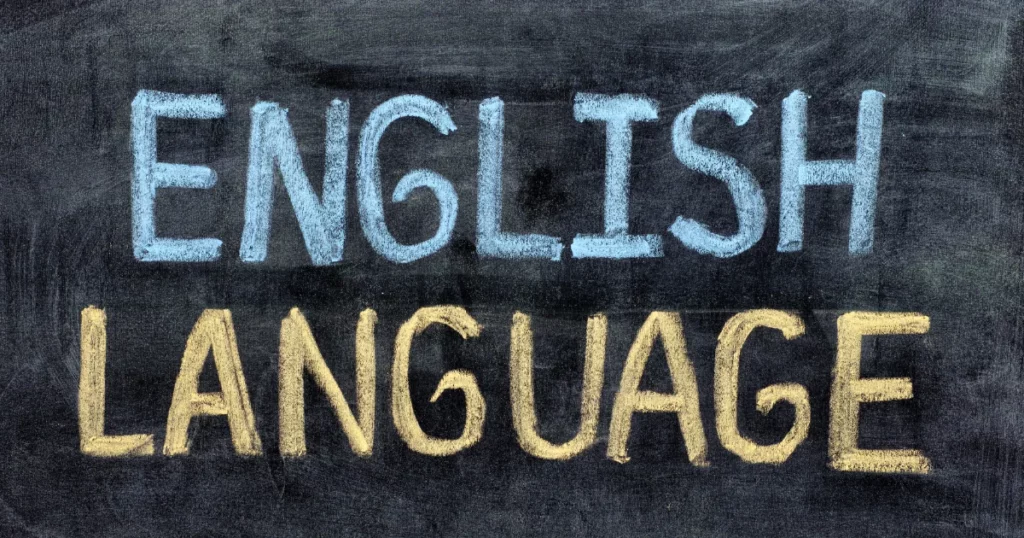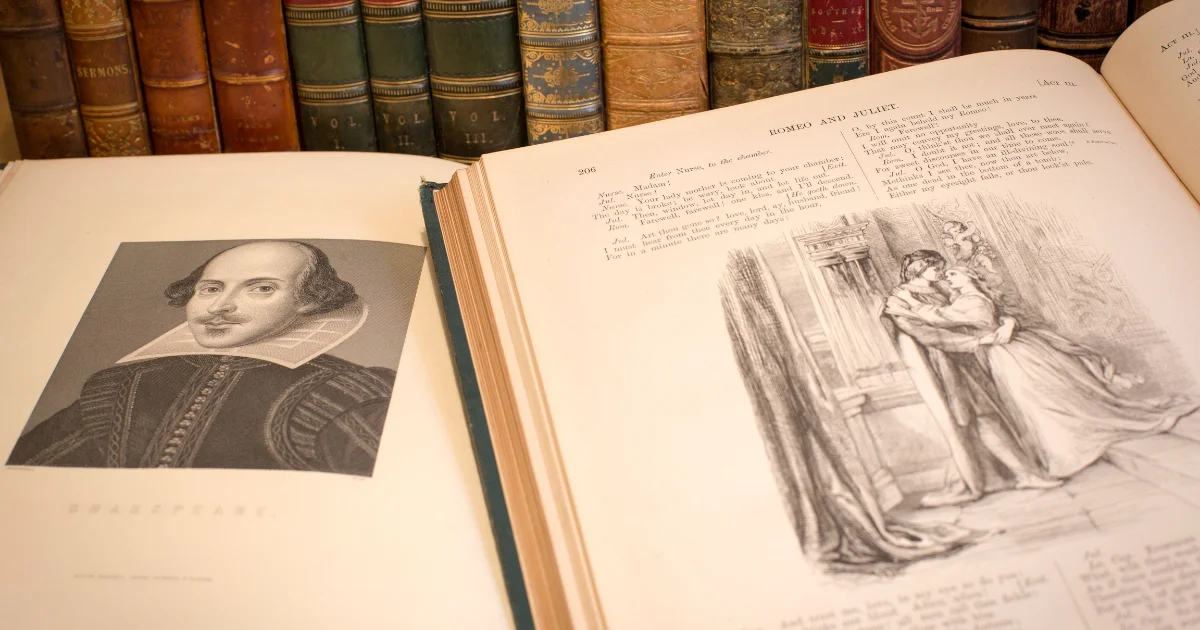Table of Contents
ToggleHello, language enthusiasts!
Grab your virtual time-travel gear as we explore the world of Old English to the Modern English we use today. Today we’re on a historical journey, taking a stroll through the various phases of the English language that molded it into the global lingua franca that it is today.
Old English (c. 450 – 1150 AD)
Back in the days – we’re talking some good 1500 years back – English was vastly different. Old English or Anglo-Saxon, derived from a Germanic dialect, laid the cornerstone for the English we know today. It is characterized by rich inflections and a Germanic vocabulary. This is the time when epic poems like “Beowulf” came into being, painting a picture of a heroic past with a language rich in complexity and depth.
Middle English (c. 1150 – 1470 AD)
Fast forward a few centuries, and we are in the Middle English period. Thanks to the Norman Conquest, the language enriched itself with Latin and French words. Texts from this era, like “The Canterbury Tales” by Geoffrey Chaucer, depict a language evolving to become more structured, yet retaining a melodic quality that sings tales of chivalry and romance.
Early Modern English (c. 1470 – 1700 AD)
As we move into the era of Early Modern English, the printing press played a pivotal role in standardizing the English language. The great bard, William Shakespeare, crafted masterpieces during this time, enhancing the language with a rich blend of vocabulary, turning it into a canvas for vivid imagery and profound expressions.
Late Modern English (1700 AD – Present)
Here we are, in the present day where English has embraced simplicity, yet not compromising on its rich narrative potential. Technological advancements and globalization have fueled the rapid evolution of English, integrating words from various cultures, making it a truly global language. It is the language of the internet, of international diplomacy, and of heart-to-heart conversations around the world.
Conclusion
From the poetic verses of “Beowulf” to the tweet storms on Twitter, English has come a long, long way. It’s a language that continues to evolve, welcoming new words with open arms, depicting the ever-changing dynamics of human society. It’s not just a language, it’s a living, breathing entity, growing and evolving with us, painting the canvas of human expression with rich and vibrant hues.
So, what do you think the future holds for the English language? Share your thoughts in the comments section below.
Exercises
Identify and list down 10 words from the blog post that you are unfamiliar with. Look up their meanings and use them to construct sentences.
Imagine you are a time traveler visiting different eras of English. Write a journal entry describing your experiences in one of the periods mentioned in the blog post.
Research and write a short paragraph about the world depicted in the epic poem “Beowulf.” What was society like during that time?
Discuss the impact of the Norman Conquest on the English language. List down at least 5 English words that have French origins.
Choose a character from “The Canterbury Tales” and describe them in modern English. Try to capture the nuances of the character while using contemporary language.
Try writing a sonnet inspired by the style of Shakespeare. Use modern English but incorporate the thematic depth found in Shakespearean works.
Discuss how Modern English has adapted with the advent of technology. Can you identify new words that have been created due to technological advancements?
Choose a sentence from a piece of Old English literature and the same sentence translated into modern English. Analyze the differences in structure, vocabulary, and grammar.
Write a short essay predicting the evolution of English in the next century. Consider the influences of technology, globalization, and changing social dynamics in your essay.
Create a forum or a discussion group to discuss the evolution of the English language. Prepare a list of questions to facilitate the discussion among the participants.
Unlocking The Transition Secrets with Teacher Kayla
Ready to delve deeper? Look no further! Join Teacher Kayla’s group classes where we unravel the deeper secrets to mastering smooth transitions in English speaking.
Our group classes are designed for intermediate to advanced learners, offering an inclusive and friendly learning environment where every individual’s learning pace is respected and nurtured.
Contact Me for Group Classes.
College Course Assistance Program
Embarking on a college journey and need a guiding hand to understand the course materials better? Teacher Kayla is here to help with the College Course Assistance Program.
This program is crafted meticulously to offer personalized guidance, support, and clarity when it comes to understanding your course materials. We are committed to helping you overcome the hurdles in your learning path and succeed in your academic journey.

